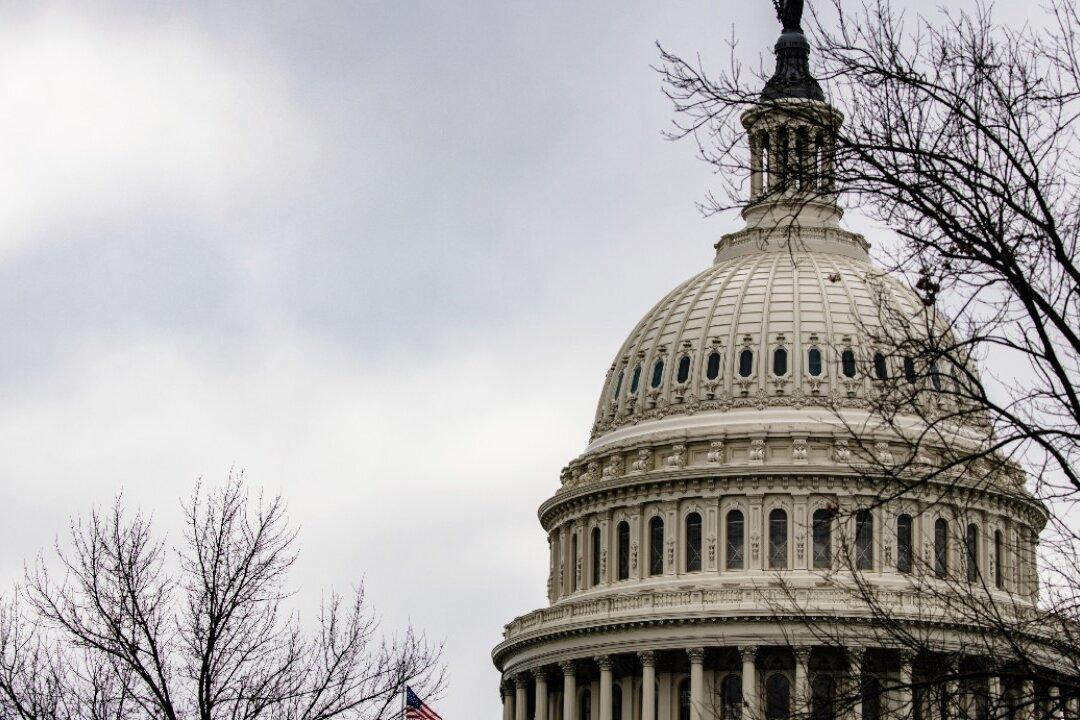Congressional lawmakers voted to approve a short-term funding bill on Wednesday night that will last through Dec. 23, taking a step toward averting a partial government shutdown.
The one-week extension resolution (pdf) passed in a 224–201 vote and will now head to the Senate to be considered. It will then be sent to President Joe Biden’s desk to be signed before midnight on Friday to avoid a shutdown.




